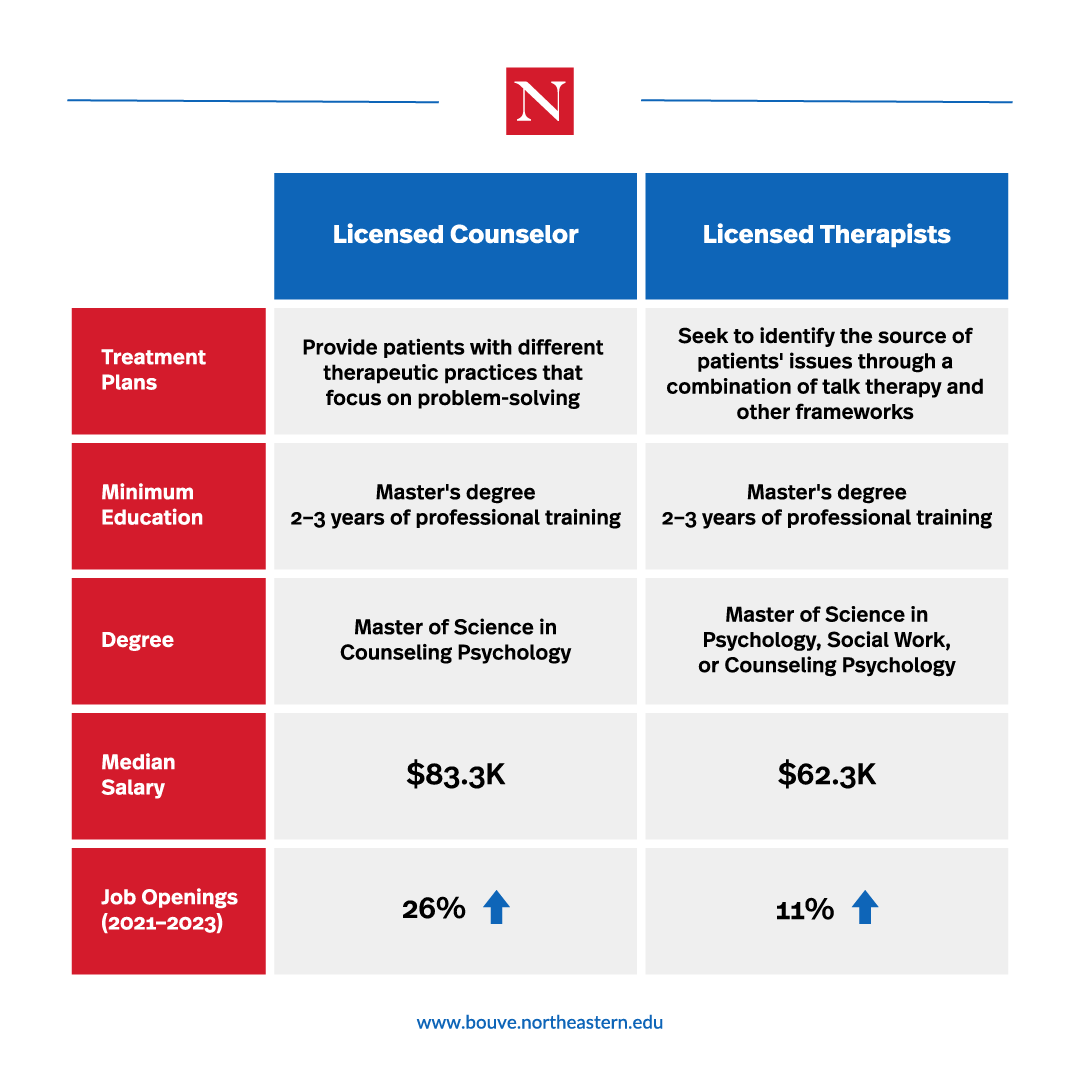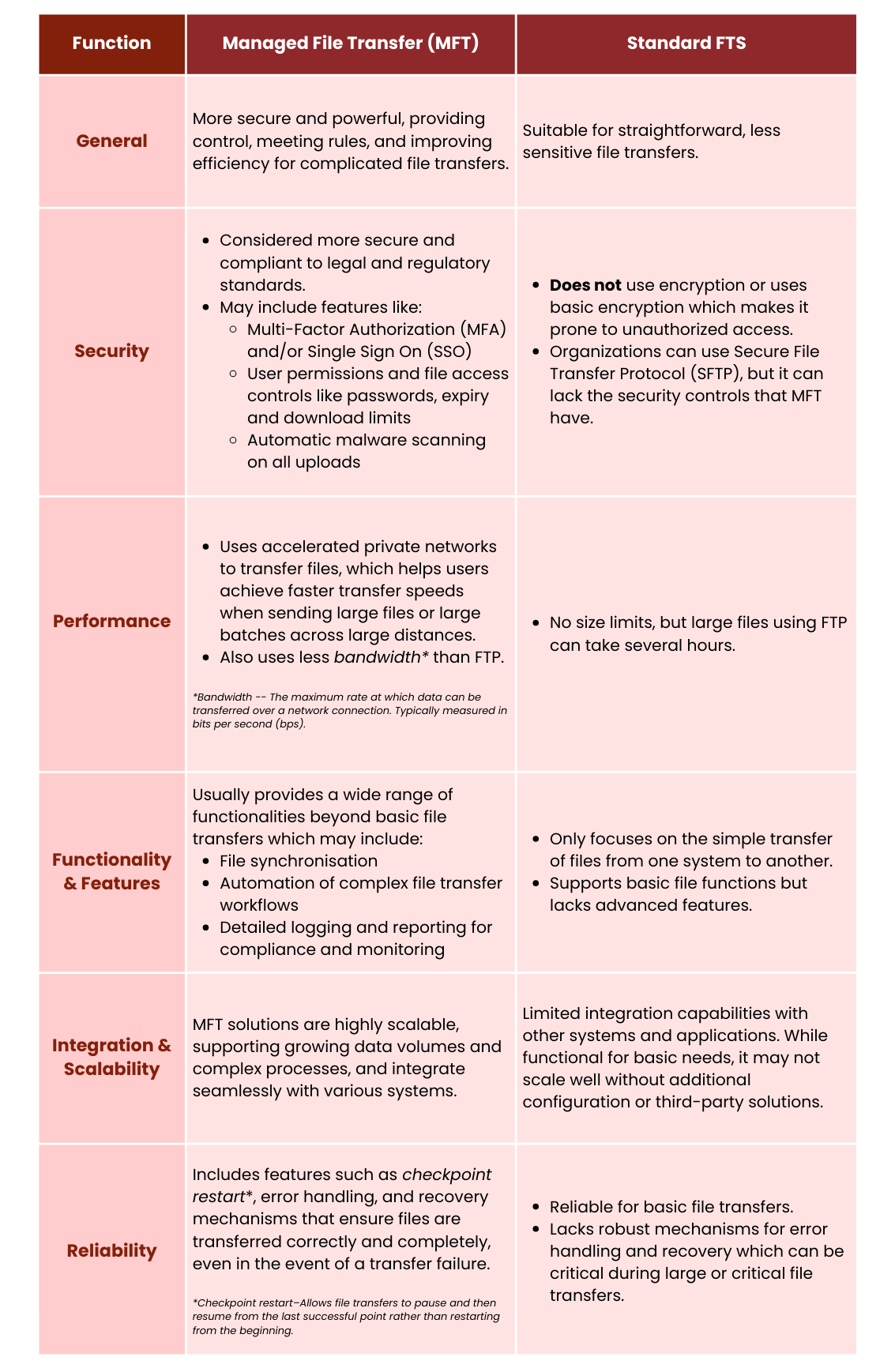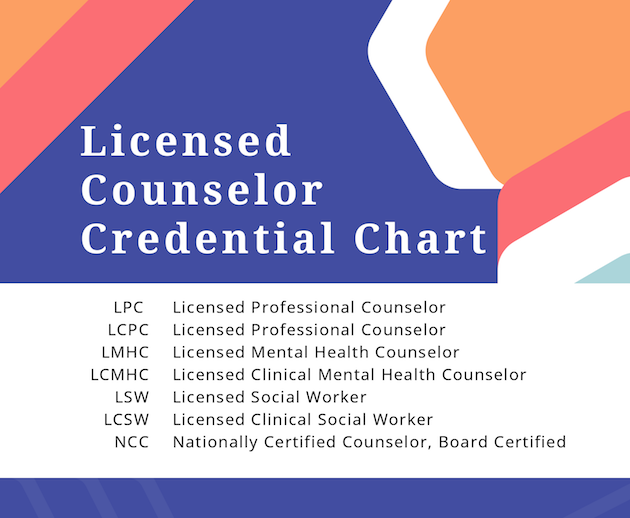What Is The Difference Between Mft And Lpcc In California
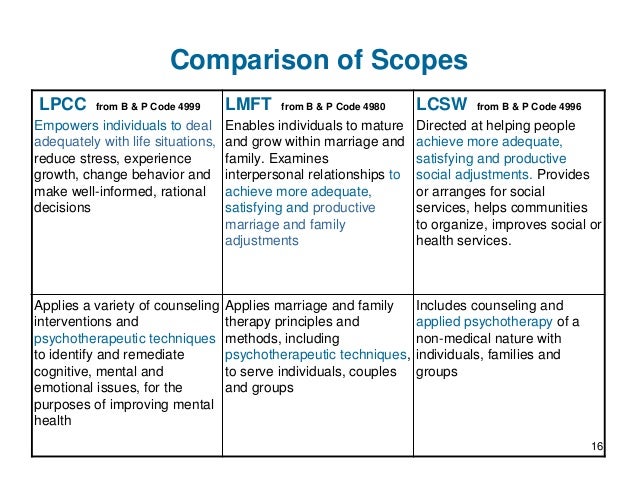
Navigating the landscape of mental health professions can be daunting, especially in California, where two prominent licenses, the Marriage and Family Therapist (MFT) and the Licensed Professional Clinical Counselor (LPCC), often cause confusion. Understanding the nuances between these credentials is crucial for both aspiring therapists and individuals seeking mental health services.
This article aims to clarify the distinctions between the MFT and LPCC licenses in California, addressing the scope of practice, educational requirements, supervised experience needed, and career pathways for each. By examining official statements and data from reputable organizations like the California Board of Behavioral Sciences (BBS), we will provide a comprehensive understanding of these two distinct yet overlapping mental health professions.
Scope of Practice: Defining the Boundaries
The scope of practice for both MFTs and LPCCs is broadly defined as providing mental health counseling and therapy. However, subtle differences exist, primarily stemming from the historical development and legislative intent behind each license.
MFTs, traditionally focused on relational dynamics, are trained to assess, diagnose, and treat individuals, couples, families, and groups with an emphasis on marriage, family, and child counseling. Their training includes a significant focus on systemic approaches, understanding how individuals function within larger systems like families and communities.
LPCCs, on the other hand, have a broader scope that encompasses individual mental health concerns, career counseling, and substance abuse counseling. Their training emphasizes diagnostic assessment, treatment planning, and evidence-based practices for a wider range of mental health conditions.
Educational Requirements: A Foundation for Practice
Both MFT and LPCC licenses require a master's degree in a related field, but the specific coursework and program requirements differ. These differences lay the groundwork for their respective scopes of practice.
For an MFT license, candidates must complete a master's degree in marriage and family therapy or a related field with specific coursework in marriage, family, and child counseling. The curriculum focuses on family systems theory, therapeutic interventions, and ethical considerations related to family dynamics.
An LPCC license necessitates a master's degree in clinical counseling or a related field with coursework in areas such as psychopathology, diagnosis, assessment, and treatment planning. LPCC programs often include coursework in career development and substance abuse counseling, reflecting their broader scope.
Supervised Experience: Bridging Theory and Practice
After completing their graduate studies, both MFT and LPCC candidates must accrue supervised clinical experience before they can apply for licensure. The number of hours and specific requirements vary.
MFT candidates must complete 3,000 hours of supervised clinical experience, with a specific number of hours dedicated to direct counseling with couples, families, and children. This supervised experience allows them to apply their knowledge of family systems theory and develop their therapeutic skills under the guidance of experienced MFTs.
LPCC candidates also need to complete 3,000 hours of supervised clinical experience, but the requirements are less specific regarding the types of clients they must work with. This allows for a broader range of clinical experiences, reflecting the wider scope of practice for LPCCs.
Career Pathways: Opportunities and Specializations
The career paths available to MFTs and LPCCs are diverse, reflecting their respective training and scope of practice. Both licenses offer opportunities for private practice, agency work, and employment in various mental health settings.
MFTs often find employment in family service agencies, community mental health centers, and private practice settings where they can specialize in marriage, family, and child counseling. Their expertise in relational dynamics makes them valuable in addressing family conflicts, parenting issues, and relationship problems.
LPCCs have broader career options, including working in hospitals, substance abuse treatment centers, career counseling centers, and private practice. Their training allows them to address a wide range of mental health concerns, making them versatile mental health professionals.
The Future of Mental Health Licensing
The roles and responsibilities of MFTs and LPCCs continue to evolve, reflecting the changing needs of the mental health landscape. Ongoing discussions and potential legislative changes may further refine the scope of practice and requirements for each license.
Staying informed about these changes is crucial for both aspiring mental health professionals and individuals seeking mental health services. Consulting the California Board of Behavioral Sciences website remains the best approach for accurate and up-to-date information.
Ultimately, both MFTs and LPCCs play a vital role in providing mental health services to Californians. Understanding the distinctions between these licenses empowers individuals to make informed decisions about their mental health care and career paths.

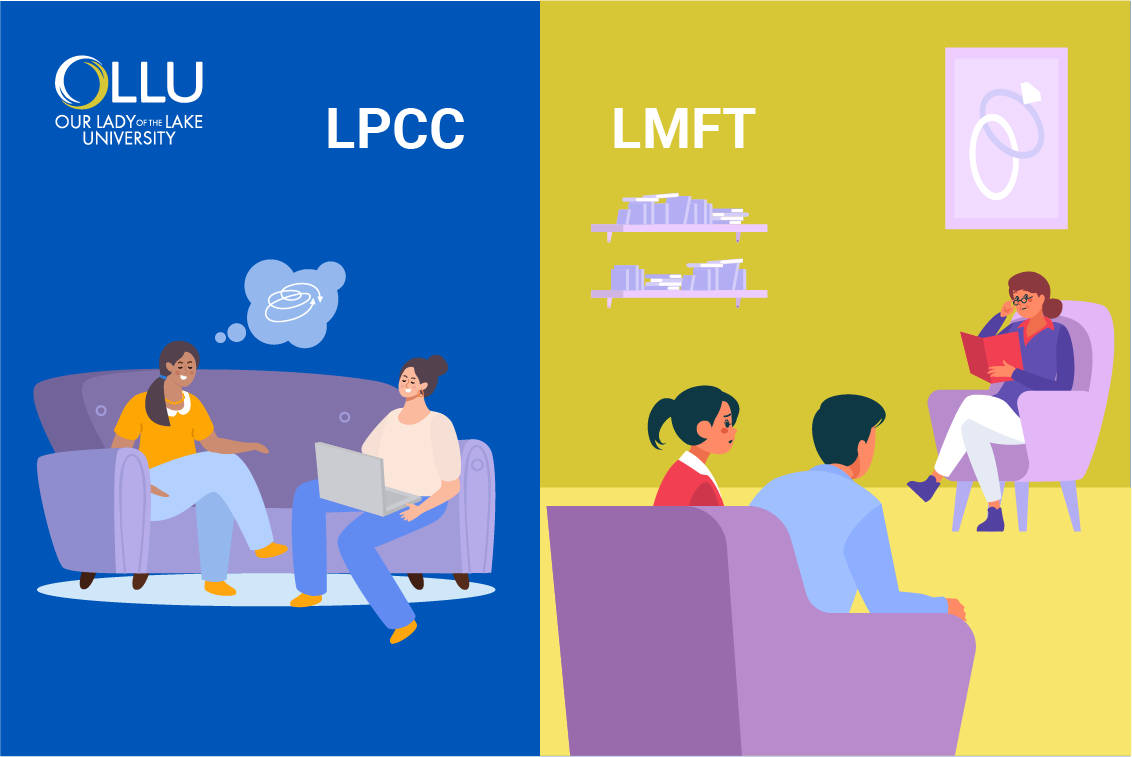

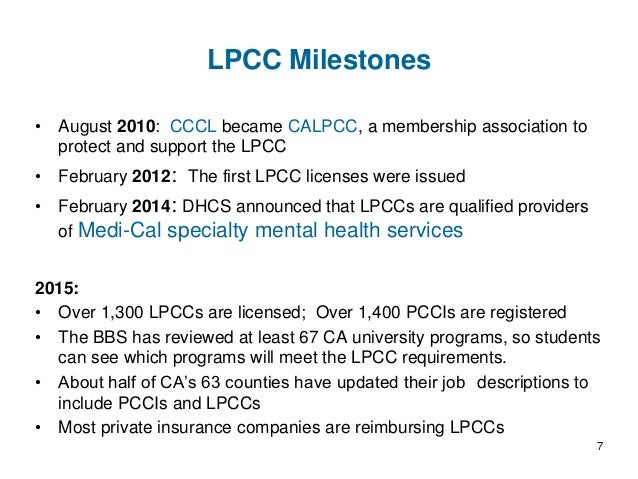







 Do.png)


